How Evidence is Allowed in Arbitration
Arbitration is an alternative dispute resolution process in which the decision is made by one or more neutral third parties called arbitrators. An arbitrator will consider the matter in dispute and the evidence put forth by the parties, and render a decision in a manner similar to that of a judge. In contrast to decisions rendered by a court, the parties to an arbitration may have limited opportunities for appeal of an arbitration award. Once rendered, an arbitration award can be filed in court and enforced as if it were a court judgment. In Alberta, arbitration clauses are often standard in many commercial contracts.
One of the reasons that arbitration is often used is because it allows the parties to have more control and affords additional flexibility over the legal process, including decisions surrounding timelines, submission of evidence and the selection of the arbitrator; and even the number of arbitrators. Without an arbitration agreement to the contrary, the arbitral tribunal can determine the procedure to be followed for the arbitration, so long as it is in accordance with the mandatory provisions set forth in the relevant legislation.
Generally, the scope of disclosure in arbitration is much narrower than formal litigation in court. In Alberta, under the Arbitration Act, RSA 2000, c A-43 (the “Act”), an arbitral tribunal is not bound by the rules of evidence or any other law applicable to judicial proceedings and has power to determine the admissibility, relevance and weight of any evidence. During arbitration, evidence is typically given under oath and is subject to cross-examination. Although, the arbitral tribunal may determine the manner in which evidence is to be admitted. The Act indicates that it is within the arbitrator’s power to admit and weigh evidence, as well as determine the procedure to be followed in the arbitration.
When dealing with arbitration it is important to seek legal advice. Please contact Verjee Law to speak with a specialist in this field.

Reach Us
Suite 200, 128 – 2nd Ave S.E.
Calgary, AB T2G 5J5

